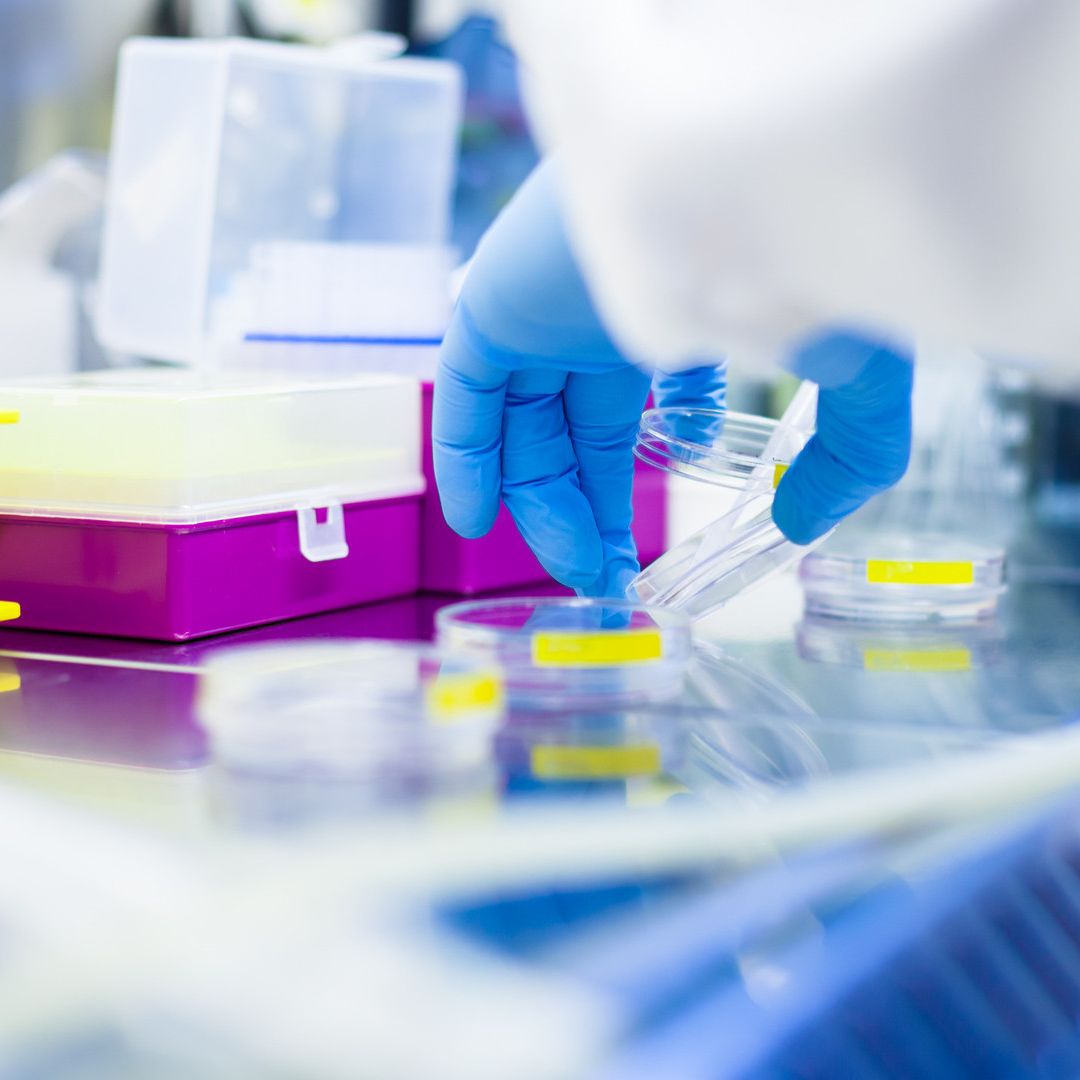Allergy and intolerance laboratory tests
Why is laboratory testing important?
Laboratory tests can help identify or, where appropriate, rule out the underlying diseases.
However, it is important to highlight that the result of a laboratory test does not in itself constitute a diagnosis, only the results are included in the finding. You will receive the diagnosis, therapy or treatment recommendation from your specialist or treating physician who ordered the laboratory tests.
Contact your doctor with all laboratory test results.

Allergy and intolerance tests
When it comes to allergies, the body’s defence system reacts falsely and the cells of the immune system produce antibodies to defend against the suspected foreign substance. In case of food allergy, the most common reactions are indigestion, diarrhoea, stomach pain, nausea, itchy skin, hives, chest pain. In case of respiratory allergy, inflammation of the nasal mucosa (allergic rhinitis, hay fever) occurs, but in case of allergic asthma it can also affect the entire bronchial system. Immunological laboratory tests can also be used to detect the causes of recurrent infections, immunodeficiency diseases, and autoimmune diseases.
Available laboratory tests
- Basophyl activation test
- DAO (Histamine intolerance)
- Food intolerance test for 108 food type
- Metal allergy
- Drug allergy test for 1 medication
- Drug allergy test for 2 medications
- Drug allergy test for 3 medications
- IgE
- Molecular walnut allergy
- Molecular wheat allergy
- Molecular peanut allergy
- Molecular fruit allergy
- Molecular cashew allergy
- Molecular cat epidermis/fur allergy
- Molecular hazelnut allergy
- Molecular crab allergy
- Molecular soy allergy
- Molecular egg allergy
- Respiratory allergy laboratory test package
- Combined inhalative and nutritive allergy test with 54 allergens
- Molecular bee and wasp sting allergy test
- Food allergy laboratory package – Nutritional (food) panel
- Food intolerance laboratory test
- Milk allergy molecular (component based) test
- Tryptase

